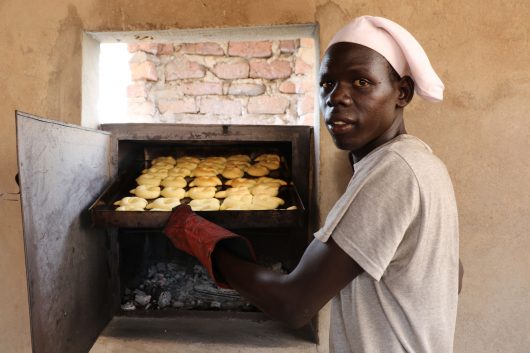What is Food Aid Reform?

In February 2015, the Food for Peace Reform Act was reintroduced and pitched as something that could “free up as much as $440 million annually” by making the delivery of aid to foreign nations much more efficient. While this is impressive and exciting news, it prompted many to ask the question: “What is food aid reform?”
To answer this question, it’s important to first understand the way U.S. food aid functions. Following World War II, the U.S. launched a food aid program intended to combat world hunger by taking any surplus in U.S. grain and shipping it overseas.
This program had very good intentions, and it has made an incredible impact for many people living in areas rife with humanitarian or natural crises. However, many agree that it is now time for this program to be modernized.
One of the main problems with the current food aid program is that the current law requires the government to purchase its donated food from American producers and ship food aid out on American ships. This law prevents food aid programs from cutting out the middlemen and simply purchasing food from the regions that it would be delivered to.
In the vast majority of cases, that means that the country receiving aid is given less food. Not only is this hitch in the food aid program bad for the people receiving aid, but it also adds an unnecessary extra cost to the program. A study done in 2009 by the Government Accountability Office discovered that it costs 34 percent less to buy food in Sub-Saharan Africa than to have it shipped there.
Additionally, an estimate given by the U.S. Agency for International Development states that purchasing food within the region could provide starving populations with food 11 to 14 weeks sooner than they would otherwise receive it.
So, what is food aid reform? Food aid reform is an initiative to fix some of the most pertinent problems regarding how U.S. foreign aid functions. By changing some of the laws that hinder food aid reform, this program can become timelier, more efficient and more beneficial to those who depend on it.
– Jordan Little
Photo: Flickr
